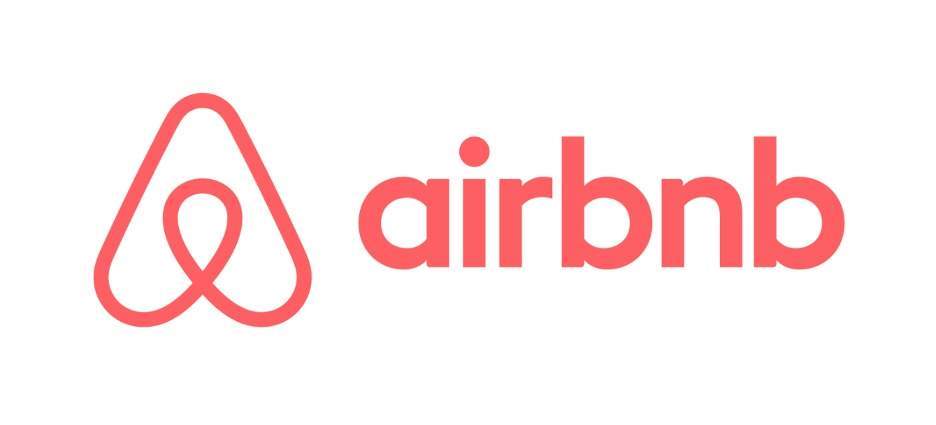AMMAN — Welcome to the first edition of
Jordan News’ Weekly
App Roundup, where we inform you about major updates in the app world.
This time around, we have seen Spotify move into the
competitive world of audiobooks, YouTube release a highly controversial change
to its app and website, Netflix venture into its gaming segment, and Apple push
affordable business management solutions in the form of Software as a Service
(SaaS).
اضافة اعلان
Spotify commits to audiobook business
model
 (Photo: Wikimedia)
(Photo: Wikimedia)
When it comes to audiobooks, most are well familiar with
Audibly, a service that offers thousands of audiobooks that are almost always
read in perfect pitch and tone to match the scenes of the material.
Spotify has taken notice and decided to get some skin in the
game. The music streaming platform has officially acquired Findaway, a platform
that competes with Audible and hosts over 300,000 audiobooks on their platform.
The newly acquired platform by Spotify also features tools that enable
audiobook creators to release their own material (with the rights tied directly
to Findaway) and has been seen steadily growing over the course of the last
several years, with the company still being tied up in partnerships with Amazon
and Apple.
While Spotify has not announced an official launch date of
their newfound audiobook service, it is highly likely that such a sizeable
acquisition would not warrant a release within the upcoming months. For many of
those who own a Spotify subscription, it is speculated that the audiobook
service will either be included with the baseline subscription or would feature
as an add-on to the household subscription.
For the skeptics, it is important to remember that Spotify
did not jump right into podcast hosting, but rather did slow and methodical
acquisitions of large podcasts that inevitably enabled the app to become the
world’s official largest host of podcasts.
YouTube sheds the dislike counts
 (Photo: Handout from YouTube)
(Photo: Handout from YouTube)
There are no roundabouts here. This has been regarded as a
highly controversial move, which took place on November 10.
A spokesperson for YouTube stated that the reason behind
this action was to protect low-viewership channels from getting review-bombed,
which based on feedback, is relatively common on the platform.
While users will still be able to dislike content based on
their experience, no one — except the owner of the channel — will be
able to see the number of dislikes on the video. Channel owners will still
retain full control over their statistics and be able to gauge video
performance.
While this is a huge turn of events, YouTube isn’t the first
contender in the space to decide to remove a single or all sides of engagement
from the public’s eye. Intstagram launched without a dislike feature and even
allows you to hide engagement altogether. Still, the internet is rife with
negative outlooks on this change and users are worried that it may impact the
overall quality of the content creation platform.
Creators, however, have mixed opinions. Based on A/B testing
performed by YouTube without official announcements in 2021, there was
substantial evidence that linked the lack of dislikes and the use of the
dislike button. It is important to note that creators gain engagement through
both likes and dislikes. After all, as the saying goes — no PR is bad PR.
So, with reduced engagement, creators who are looking to
make a name for themselves are going to have a more challenging time doing so because
of reduced engagement from users.
Netflix gaming
 (Photo: Handout from VOX-CDN)
(Photo: Handout from VOX-CDN)
It’s official – Netflix’s gaming arm has officially launched
and is available on iOS and Android. To access this feature, navigate to your
Netflix application and search for the video games row. While users cannot play
directly from the app, they can download the games by tapping download on the
dropdown menu.
While the games are lackluster, Netflix has ramped up
development, and we can expect to see several games launched over the course of
the next year. A MOBA called HexTech Mayhem is in the works, but no official
information on the type of gameplay or scale of the game has been released yet.
Apple pushes for SaaS through Apple
Business Essentials
 (Photo: Pixabay)
(Photo: Pixabay)
For most small-scale business owners, keeping track of
work-phones and tablets secured and logged for activity is a pain. Apple has
released its Business Essentials management software that enables you to
maintain control over hundreds of phones, laptops, and tablets for micro-businesses.
This is most useful for companies that consist of 500
employees, particularly those that do not host a dedicated IT department or
representative.
The service ranges from $2.99 to $12.99 per device, with the
price point depending entirely on the number of users that are actively subscribed. Apple has also hinted at a new business model
that also targets micro-business owners through subscription-based repairs,
wherein companies are able to insure their phones and devices in case of
accidental damage by an employee. A price tag hasn’t been decided by Apple yet,
but we are likely to see it coming out as the Business Essentials subscription
begins to take off in numbers.
Airbnb’s pursuit of further enhancing international
travel
 (Photo: Medium)
(Photo: Medium)
Airbnb has announced the release of their translation tool
that seeks to mitigate the communication barrier between hosts and their
visitors.
According to a spokesperson for Airbnb, this has been a
widely requested feature for quite some time now and was a priority in terms of
development prior to the COVID-19 pandemic. As airports begin to reopen around
the globe thanks to the continued efforts of nations to vaccinate and return to
the norm, Airbnb has stated that they have seen a large spike in international
bookings, putting them back on track for the release of the translation tool.
Brian Chesky, CEO of Airbnb, has confirmed that the tool
will feature more than 60 languages with more to come as the tool grows in
usage.
Read more Technology



